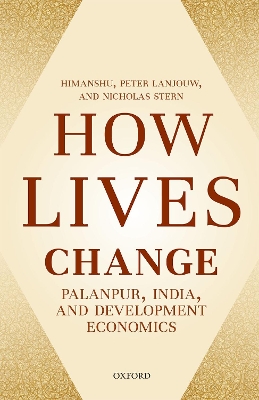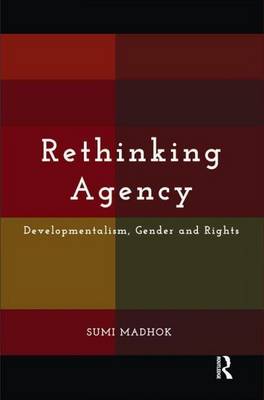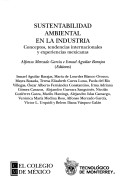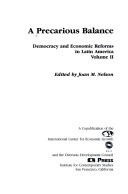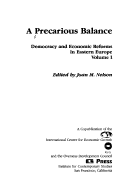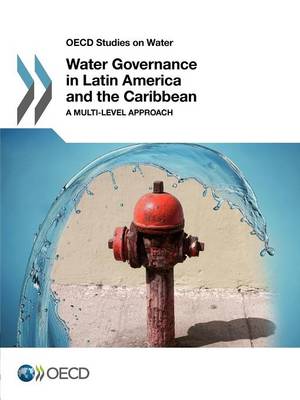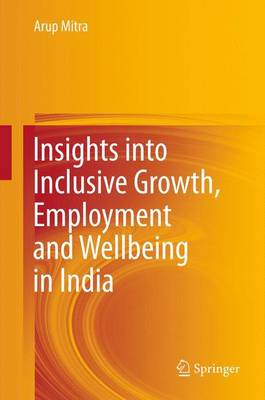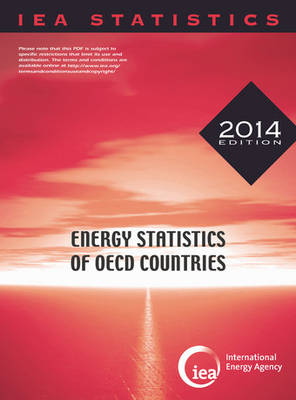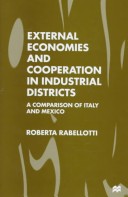Development economics is about understanding how and why lives change. How Lives Change: Palanpur, India, and Development Economics studies a single village in a crucially important country to illuminate the drivers of these changes, why some people do better or worse than others, and what influences mobility and inequality. How Lives Change draws on seven decades of detailed data collection by a team of dedicated development economists to describe the evolution of Palanpur's economy, its socie...
Colonial Bureaucrats and the Mexican Economy (American University Studies, Series 9: History, #13)
by John S Leiby
The limitations of fossil fuel supply and the need for decarbonization of energy systems presage the dawn of the hydrogen economy. However, realizing this vision will require developing and implementing solutions to engineering and technology challenges in hydrogen production, storage, utilization and distribution. "Hydrogen: Science, Engineering, and Energy Systems" presents a comprehensive overview of these issues. Hydrogen production alternatives are examined and the competing options analyze...
Rethinking Agency: Developmentalism, Gender and Rights: Developmentalism, Gender and Rights
by Sumi Madhok
Sustentabilidad Ambiental En La Industria (Estudios Economicos, E/028)
by Alfonso Mercado Garcia and Ismael Aguilar Barajas
This popular and classic text chronicles America's roller-coaster journey through the decades since World War II. Considering both the paradoxes and the possibilities of post-war America, Chafe portrays the significant cultural and political themes which have coloured the country's past and present, including issues of race, class, gender, foreign policy, and economic and social reform.
Emerging Capital Markets and Globalization: The Latin American Experience (Latin American Development Forum)
by Augusto de la Torre and Sergio Schmukler
Water governance in Latin America and the Caribbean (OECD studies on water)
Insights into Inclusive Growth, Employment and Wellbeing in India
by Arup Mitra
What changes are occurring at the macro and the sectoral levels, how the labour market changes are taking place and what impact is felt on the low income households are some of the questions that the present volume focuses on. It begins by examining the sectoral composition of growth, revisiting the issues related to industry-services balance, and also brings out the spatial dimension of growth. On the one hand the industry does not seem to have played a major role in the context of employment g...
China and the United States as Aid Donors (Policy Studies, #77)
by Patrick Kilby
Energy statistics of OECD countries
Global Forum on Transparency and Exchange of Information for Tax Purposes Peer Reviews
Homelessness is now a much greater problem than twenty years ago. In Britain today around half-a-million homeless people form a regrettable permanent 'underclass'. This book spells out their similarities with the spurned vagrant of bygone days. It traces how for centuries emergent laws have combated alleged threats from unruly vagrants while largely ignoring causal factors like economic fluctuation, bad harvests, disease and war. It is argued that only educational and social reform will alleviat...
Gibt es einen Trade-Off zwischen Umweltschutz und Wirtschaftswachstum?
by Julian Beier
Development Challenges in the 1990s: Leading Policymakers Speak from Experience
Corruption, Politics and Development: The Role of the World Bank
by Heather Marquette, Dr
External Economies and Cooperation on Industrial Districts
by Roberta Rabelotti and Roberta Rabellotti
